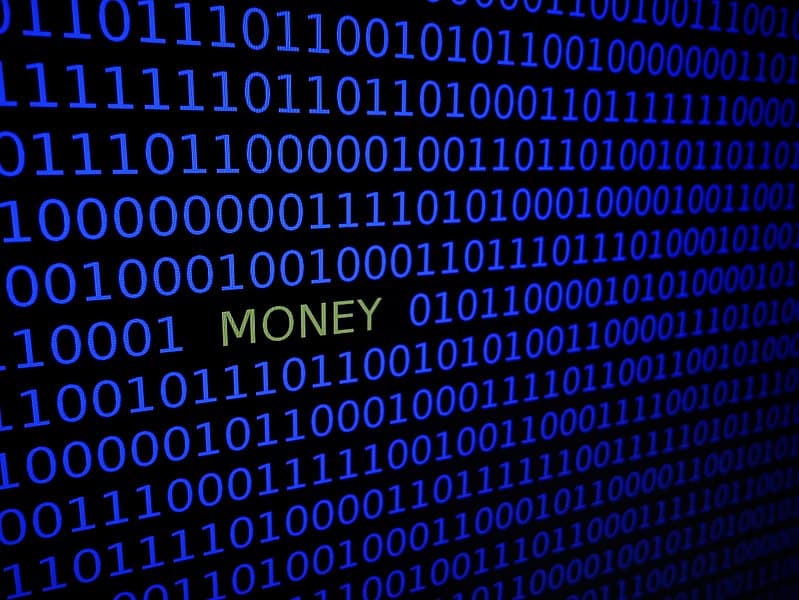A former senior official with the Chinese central bank has come out against the use of blockchain technology in the area of monetary creation, as well as the viability of virtual currencies in general.
In an article written for Diyi Caijing Sheng Songcheng (盛松成), Counselor to the People’s Bank of China (PBOC) and former-Director General of the Financial Survey and Statistics Department at PBOC, states frankly that “the least appropriate application area for blockchain is the monetary area.”
“The monetary area is the one which most demands centralisation, and blockchain is precisely about decentralisation,” Sheng writes.
“If the blockchain must be tied to virtual currency, then I believe that this technology of blockchain has no future.”
Sheng further argues that “virtual money itself cannot become authentic money.”
The ex-PBOC official points to two essays he previously wrote for China Finance (中国金融) entitled “Virtual Money Is Intrinsically Not Money – Bitcoin as an Example” (虚拟货币本质上不是货币——以比特币为例) and “The Concept of De-nationalised Money and the Utopia of Bitcoin” (货币非国家化理念与比特币的乌托邦).
“Bitcoin and other virtual currencies are not money in the real sense of the term,” writes Sheng, ” I was probably one of the first researchers to submit this viewpoint.”
“The reasons for this are many, but if we only speak about the most fundamental point, it’s that monetary policy is one of the main economic policies of almost all countries in the world at present.
“There’s not a single country whose economy can be divorced from monetary policy adjustments, and the most fundamental condition for the operation of monetary policy is the exclusive right to monetary issuance of the central bank.
“Only this makes possible interest rate, exchange rate, price, employment and economic growth adjustments. We can forecast that in the future no country will abandon monetary policy.”
Looking back at the past several thousand years of monetary history, Sheng sees only two “genuine milestones” – commodity money and credit money, and believes support from the state will be essential to any digital currency ever becoming viable.
“Even if technological progress sees paper money evolve into electronic money, the credit of the state will still underwrite it – this point will not change,” writes Sheng.
“Time will prove whether or not digital money can become a revolutionary change in the history of monetary development.”
The remarks from Sheng arrive shortly after PBOC flagged the imminent launch of a statutory digital currency, with one senior figure in the political establishment touting the likelihood of the Chinese central bank becoming the world’s first to do so.




